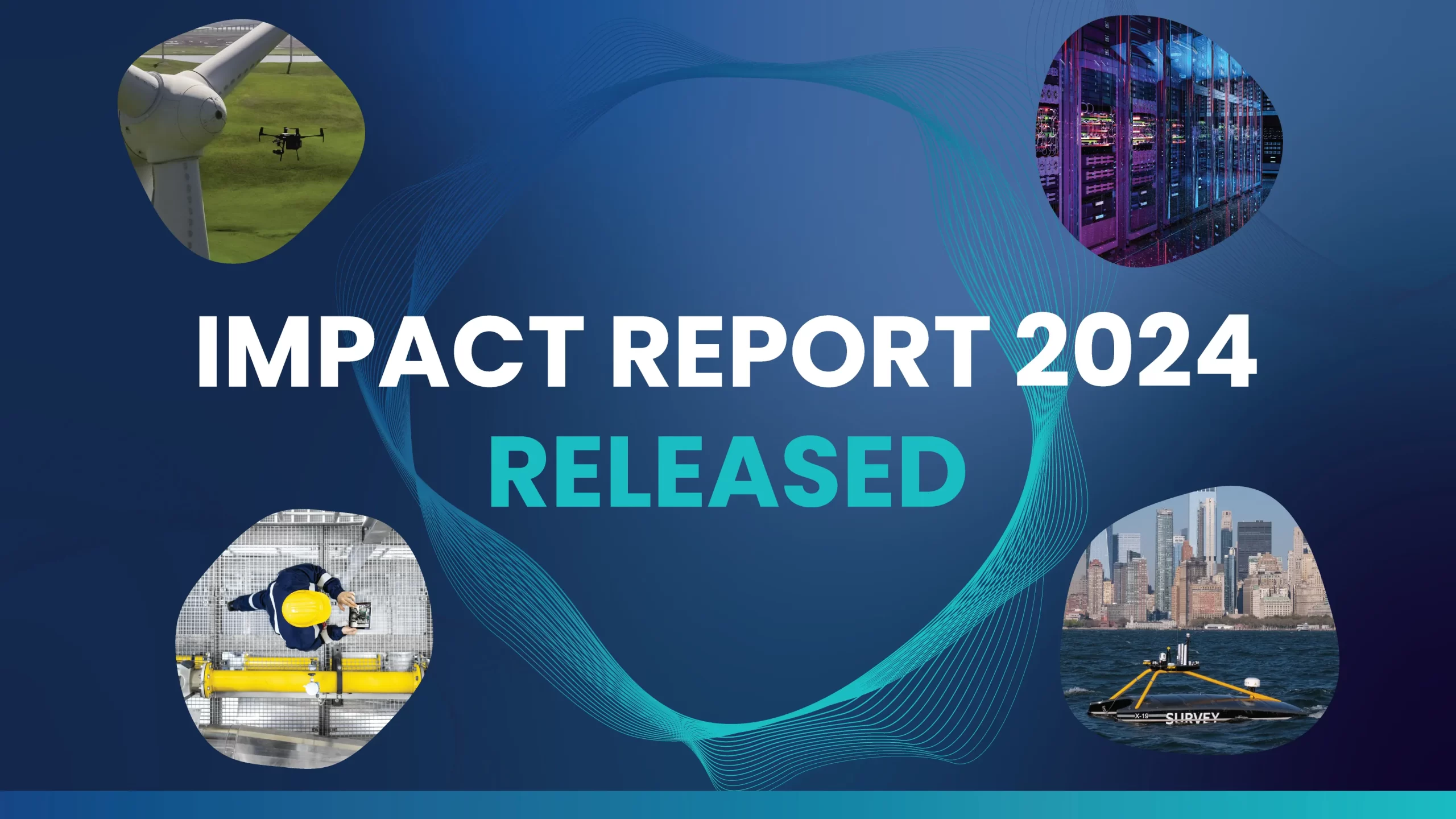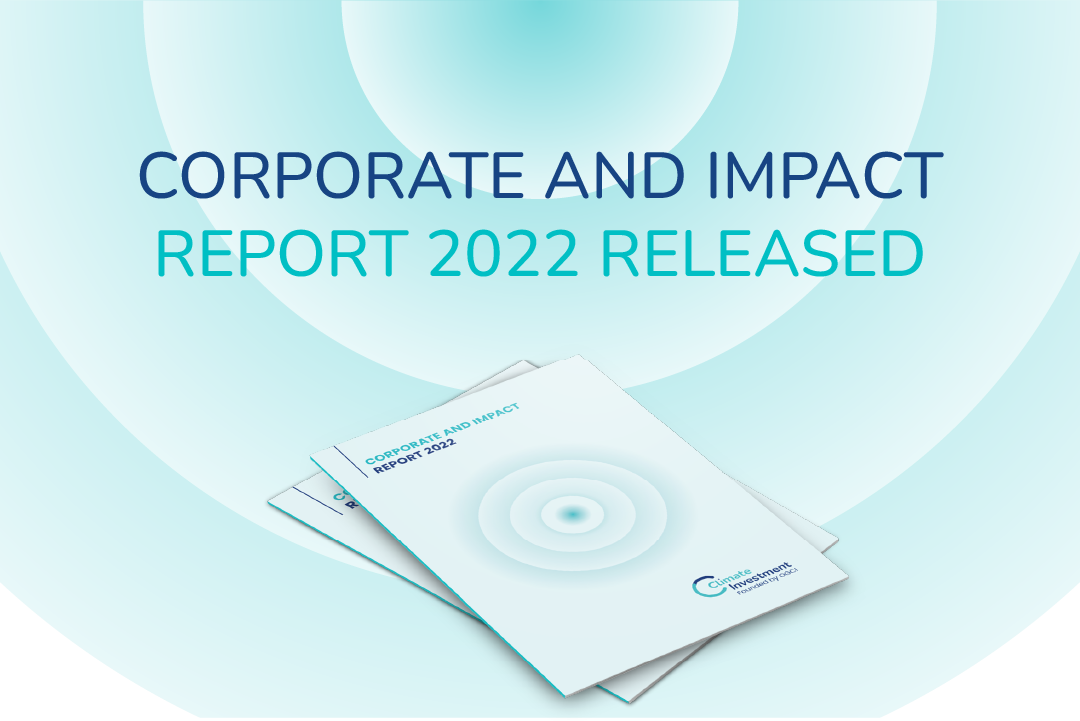


London, UK – Specialist decarbonization investor, Climate Investment today announced that its portfolioi of 29 cutting-edge innovations increased its GHGii impact by 72% between 2021 and 2022. The announcement was made as the firm releases its latest Corporate and Impact Report.
Climate Investment invests in technology and project opportunities that deliver capital efficient, near-term decarbonization solutions for heavy-emitting sectors and is currently investing through its early-stage inaugural Catalyst Fund I, operational since 2017.
Climate Investment has developed a robust framework for quantifying GHG impact and has operationalized this methodology across its portfolio. The 2022 portfolio impact has been subject to an independent limited assuranceiii review by EY.
The firm has revealed that its portfolio realized over 27 MT of CO2e impact in 2022, a 72% year-on-year increase, and the strongest year of impact realization for the firm to date.
Between 2019 and 2022, the firm reported a cumulative impact figure for its portfolio of 57 MT CO2eiv.
Climate Investment’s strategy is to invest in high-potential decarbonization innovations by providing early to growth stage capital to companies and projects. In order to drive adoption and impact, the Climate Investment team connects those innovators to its global partnership network of corporations, governments and non-profit organizations and proactively supports them as they grow. The firm’s investment focus is on energy, industry, transport, the built environment and industrial agriculture; heavy-emitting sectors which collectively are the source of over 80% of global GHG emissions.
Commenting on the latest set of results, Pratima Rangarajan, CEO at Climate Investment, said,
‘‘I am delighted that Climate Investment is announcing another strong set of impact results for our portfolio. These results prove that prioritizing robust impact metrics and collaborating widely to drive commercialization opportunities for our portfolio companies are working to deliver near-term GHG impact with the urgency that the climate challenge requires.
Climate finance can play a major role in galvanizing action. But we believe that to do so, it is vital that quantified, transparent impact measurement and reporting becomes standardized. Reporting transparently on quantified impact can help to drive decarbonization at scale, by making it easier for investors to make informed decisions and helping direct investment capital to where it can make the biggest difference.’’
As well as reporting on the impact of its own portfolio, Climate Investment is a founding member of Project Frame, a coalition of over 370 organizations, representing 120 venture capital and private equity investors with $60 billion in climate AUM. Project Frame is an open, third-party platform that encourages the standardization of impact reporting so that investors can better target their capital to the outcomes they seek. CI has been closely involved in developing Project Frame’s published methodology for realized, planned and potential impact reporting.
In the year of its fifth anniversary, Climate Investment celebrated six new investments and nine follow on investments in existing portfolio companies. The firm also became a signatory to the UN’s Principles for Responsible Investment (PRI) and reported an equal ratio of men to women in the firmv, as well as a 43% ethnic minority background profile, data which are above the global average for the private markets industryvi.
ENDS
About Climate Investment
Climate Investment is an independently managed specialist investor focused on accelerating capital-efficient decarbonization of heavy emitting sectors. Operational since 2017, its team of investment and technical experts has built a portfolio of over 30 technology and business model innovations. Collectively, its portfolio delivered 57 MT CO2e of cumulative greenhouse gas reduction in the period 2019-2022.
Climate Investment was founded by member companies of the Oil & Gas Climate Initiative (“OGCI”). They have invested in Climate Investment funds and deployed many of its portfolio innovations, supporting their early commercial development.
Contact:
Apella Advisors for Climate Investment
climateinvestment@apellaadvisors.com
Climate Investment and/or its affiliates makes no representation as to the accuracy or completeness of this information. Any projections, forecasts and estimates are necessarily speculative in nature and actual results may vary. This communication is not an offer to sell, or a solicitation of offers to buy, securities of any investment fund. You should consult your legal and other advisors.
iClimate Investment reports on the total impact that its portfolio companies have achieved rather than weighting it by its equity ownership. iiPortfolio refers to Catalyst Fund I. 29 portfolio companies were analyzed for the 2022 impact report.
C02e or carbon dioxide equivalent means the number of metric tonnes of CO2 emissions with the same global warming potential as one metric ton of another GHG.
iiiIn the absence of any prevailing market standards, a third-party will ensure that an organization is following its own set standards.
ivThere were 29 portfolio companies in CI’s portfolio at 31 December 2022 included in the analysis, compared to 23 at the end of 2021.
vThe firm means both CI and OGCI in the 2022 data analysis.
viMcKinsey, “The state of diversity in global private markets: 2022”, November 2022, reported that the global average for gender diversity in the private equity industry was 33% female representation and 30% ethnic minority representation.
